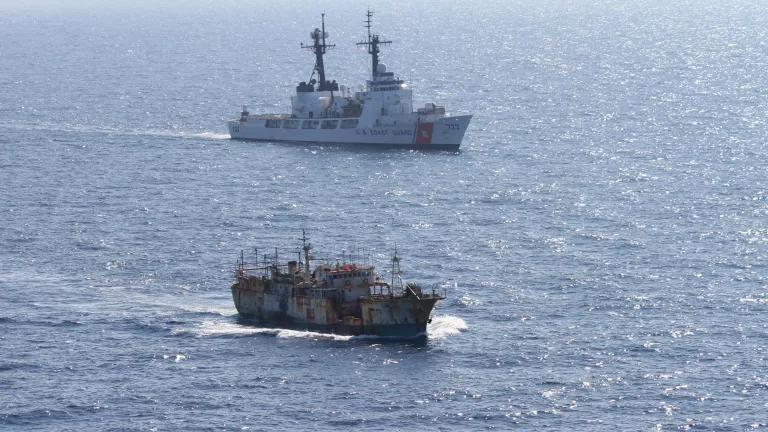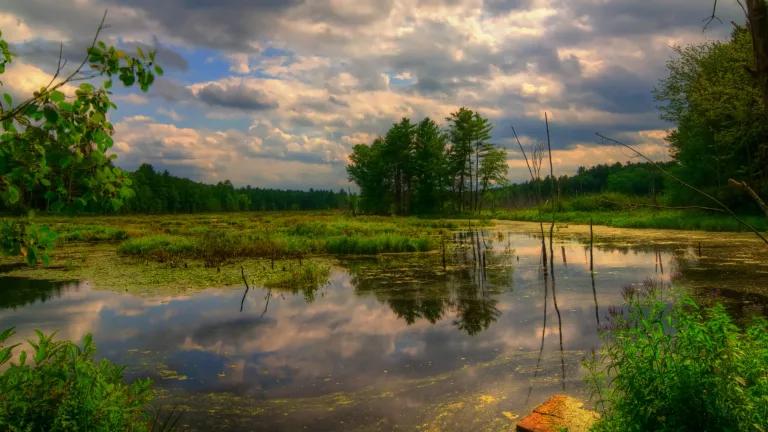After a week of consensus and cooperation at the annual meeting of the International Whaling Commission (IWC), today everything fell apart. The Commission was unable to decide whether to establish a whale sanctuary in the South Atlantic, after Latin American countries demanded a vote and Japan and other pro-whaling countries walked out of the meeting to obstruct the quorum required to take that vote.
The Commissioners adjourned into a private commissioners-only meeting for most of the day (and well into the night). Those closed doors apparently didn’t help consensus.
The Commissioners returned to the meeting after almost nine hours with a short statement that (1) recognized the importance of a South Atlantic Whale Sanctuary to many member governments, (2) resolved to further discuss the issue, and (3) pledged to vote on the issue at next year’s meeting if consensus could not be reached before.
This is an unfortunate end to what should – and could – have been a successful meeting.
I arrived at the IWC meeting – held this year in the Channel Isle of Jersey – hopeful for the whales. And hope sprang eternal yesterday. The IWC adopted – by consensus – a revised proposal from the United Kingdom focused on transparency and governance within the IWC. The decision included provisions to prohibit cash payments (addressing the allegations of bribery and corruption among pro-whaling countries), enhance overall decision-making processes and the transparency of decisions, and provide mechanisms for funding participation by developing nations. Although the session ran late into the night and suffered from the classic IWC tactics of delay and drama, the result was a positive step forward for the Commission.
Like-minded Commissioners and civil society celebrated (and toasted each other) last night at a conservation-themed reception sponsored by non-governmental organizations attending the IWC (including NRDC).
But apparently for everyone one step forward, there’s two steps back -- all this new-found transparency couldn’t shed light on a broken Commission. By tying up the entire day arguing about the admittedly important whale sanctuary proposed in the South Atlantic, other significant whale conservation items – like ocean noise, ship strikes, marine debris, and toxics – were left hanging.
If countries are unable to agree on basic procedural questions like what constitutes a quorum, how will they ever move forward with any meaningful conservation measures? And what will happen to the whales?
Looming in the background is next year’s meeting, which will determine the next five-year quota for aboriginal subsistence whaling. The United States has long stated that it won’t allow its aboriginal subsistence hunt (held in Alaska) to be used as a political bargaining chip in the Commission.
Unfortunately, political bargaining chips appear to be a specialty of this Commission.
NRDC came to the IWC this year seeking significant conservation gains for the whales. . While we did get one significant gain, the Commission many more regrettable setbacks. That's unfortunate for the IWC, and unfortunate for the whales.
In the words of the U.S. Commissioner to the IWC, “the world’s whales deserve better.” Hopefully the IWC will indeed do better at next year's meeting. The world's whales depend upon it.




